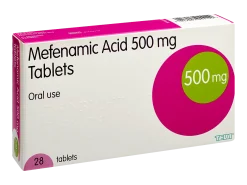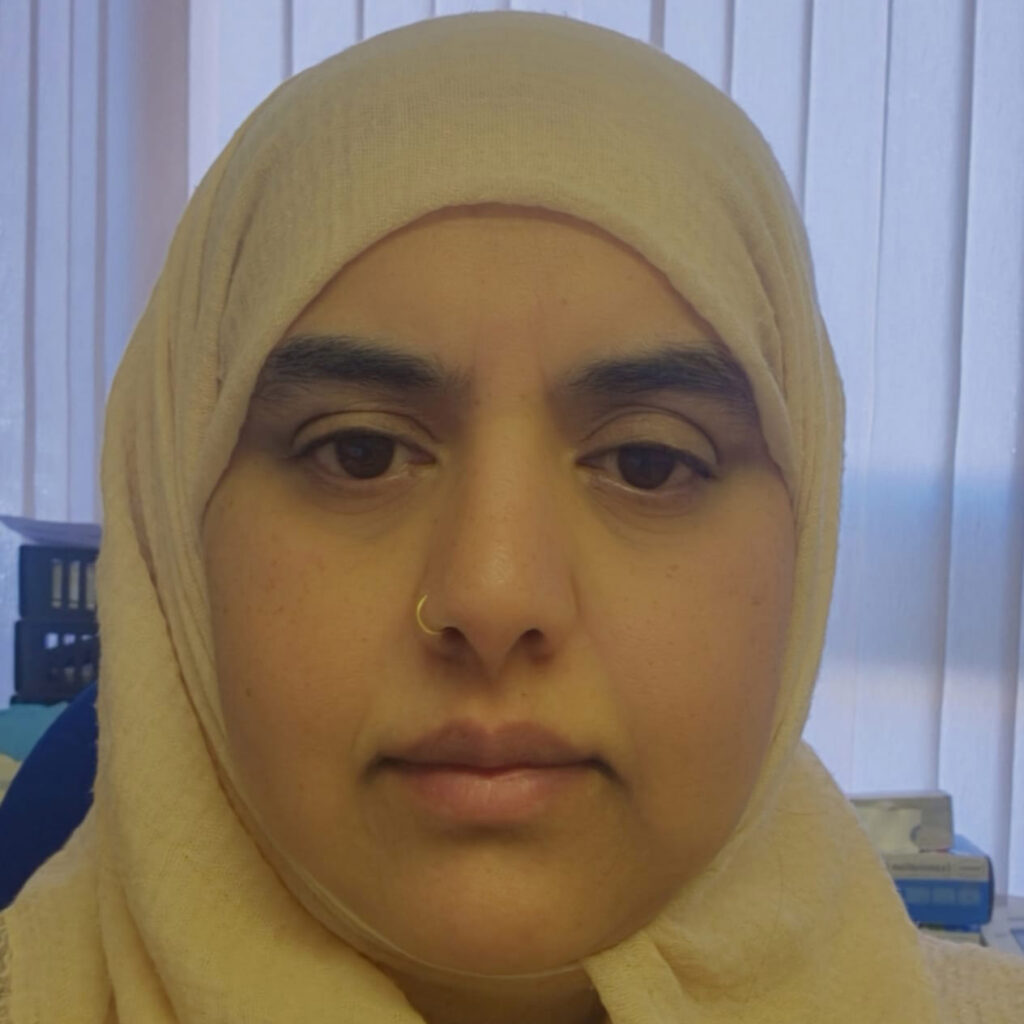About Heavy Menstrual Bleeding
What is menorrhagia?
Menorrhagia is the medical term for menstrual periods with abnormally heavy or prolonged uterine bleeding. This condition affects anyone with a uterus at some point in their lives and is characterised by excessive blood loss during menstruation.
While a normal period during a menstrual cycle typically lasts 4-7 days with moderate flow, heavy periods involve bleeding that may last longer and be significantly heavier, often interfering with physical, social, and emotional quality of life.
Symptoms of Heavy Period Bleeding
You might be experiencing heavy periods if you notice:
- Having to change pads or tampons every hour or even more often
- Passing blood clots bigger than a 10p coin
- Periods lasting longer than a week
- Needing to use both a tampon and a pad together
- Blood soaking through to your clothes or bedding
- Feeling constantly tired or breathless
- Dealing with intense period pain or cramping
What causes heavy periods and bleeding?
Heavy periods can be completely normal for some women, but they might also happen at specific life stages, like when you first start menstruating, after pregnancy, or as you approach menopause.
Sometimes underlying conditions cause heavy bleeding, including polycystic ovary syndrome, fibroids, endometriosis, adenomyosis, or pelvic inflammatory disease. Blood clotting disorders like Von Willebrand disease can also lead to heavier periods.
Certain medications, particularly blood thinners, might increase your flow. While rare, bleeding heavily can occasionally signal more serious conditions, so you should ask your GP if you’re concerned.
Treatment for Heavy Menstrual Bleeding
You can take nonsteroidal anti-inflammatory drugs (NSAIDS) like ibuprofen or aspirin to ease your cramps and reduce your bleeding, but stronger prescription medications often provide more effective ways to treat heavy periods.
Tranexamic Acid Tablets
Tranexamic acid helps reduce heavy bleeding by improving your blood’s clotting ability. These tablets can cut blood loss by up to 50% and work quickly during your period. You’ll typically take them 3-4 times daily, but only during your heaviest days. They don’t interfere with your hormones or fertility, making them a popular first choice. Our Click2Pharmacy consultation can determine if this treatment is right for you.
Mefenamic Acid Tablets
If your heavy periods cause pain and cramping, mefenamic acid tackles both problems at once. This prescription-only anti-inflammatory reduces period pain while also cutting down bleeding by 20-40%. For maximum effect, you’ll take it three times daily during your period. After a quick online consultation, our pharmacists can prescribe this if it’s suitable for your situation.
Hormonal Options
Several hormonal treatment options can effectively manage heavy periods. The combined contraceptive pill can regulate your cycle and reduce bleeding, while an intrauterine device (IUD) like Mirena releases hormones called levonorgestrel directly into the womb, dramatically reducing flow. These options require consultation with a GP or a sexual health clinic.
When to Seek Further Help
If your heavy periods significantly impact your quality of life or don’t improve with medication, you should see your GP, who may refer you to a specialist. Some might need further treatments like endometrial ablation (removing the womb lining) or procedures to remove fibroids.













